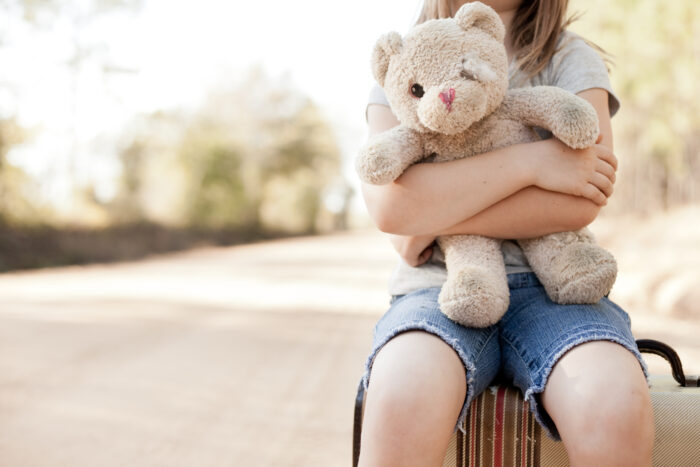Your browser doesn't support audio playback.
The West Virginia Department of Human Services (DoHS) has released a report summarizing its findings from a statewide Child Welfare Listening Tour held over the summer. One of the chief takeaways is the need for expanded access to mental health services for kids, teens and families in the system.
Through virtual focus groups and in-person meetings, the agency gathered input from more than 350 participants from 44 counties, including biological parents, grandparents and other kinship caregivers, young people in the system, legislators, legal professionals and community advocates.
The report highlights the need for mental health services for parents and children, including telehealth options in rural areas.
“Participants also shared that youth with complex needs are often sent out of state or placed in inappropriate settings like hotels due to the lack of therapeutic residential facilities. Strategic investment in new in-state treatment options – including residential programs, wraparound services, and workforce development – to better serve children and reduce unnecessary removals was often suggested,” the report reads.
Other findings include:
- The need for consistency across counties and standardized practices statewide
- Improved communication and transparency with families and caregivers
- Inclusion of foster, kinship and biological parents in decision-making
- Support for the workforce through training, resources and culture change
“This report reflects not only the challenges, but also the opportunities for real change,” said Lorie Bragg, commissioner of the DoHS Bureau for Social Services. “We are taking the stories, concerns and solutions we heard and using them to guide next steps in policy, practice and training.”
“Releasing this report is more than just documenting what we heard, it is a commitment to act,” said DoHS Secretary Alex Mayer. “The voices of families, caregivers and caseworkers will help shape policy and practice changes that move us toward a stronger, more supportive child welfare system.”
The report concluded with plans to convene a stakeholder advisory committee and use the findings to shape workforce initiatives, strengthen prevention efforts and enhance support for children and families.
